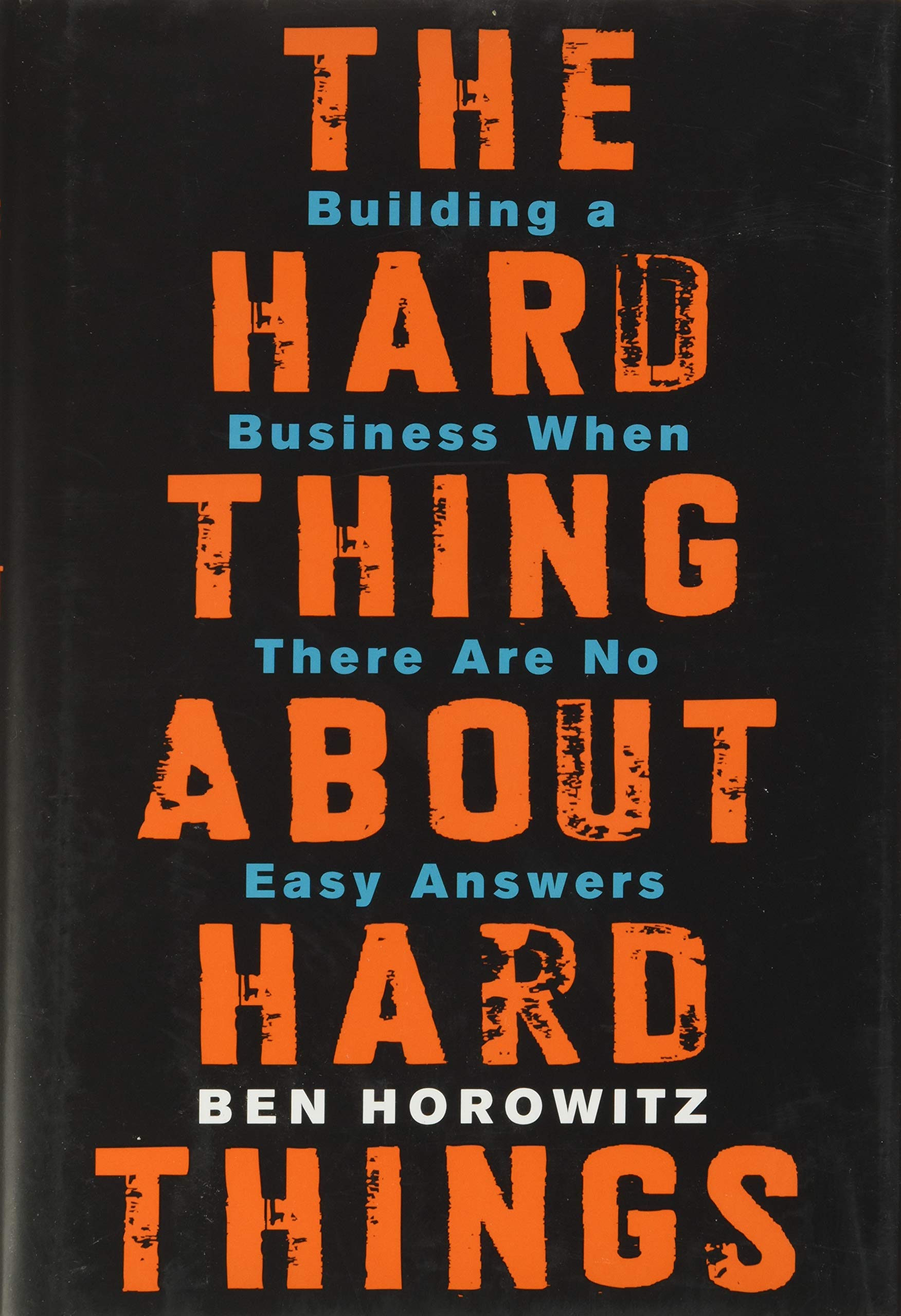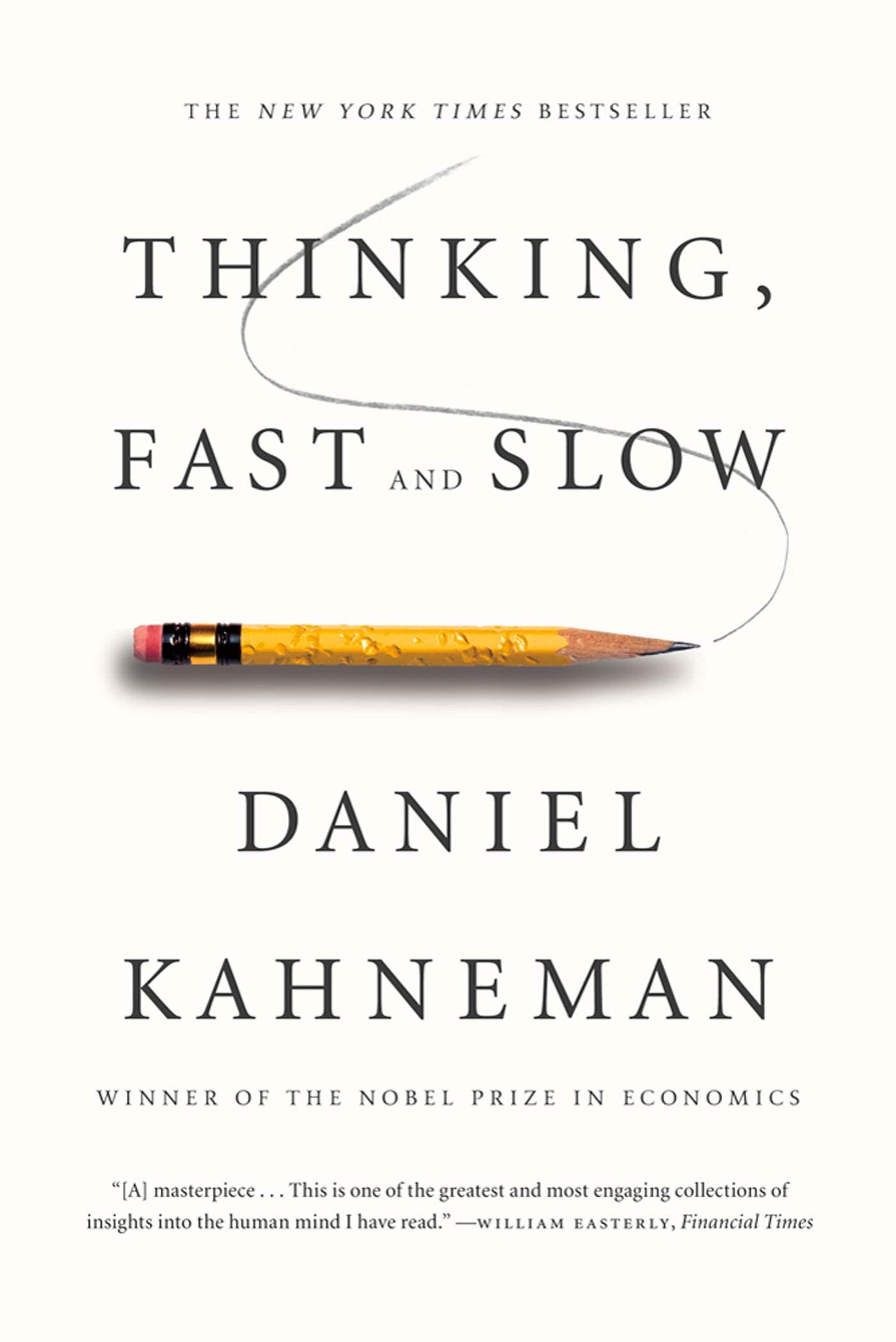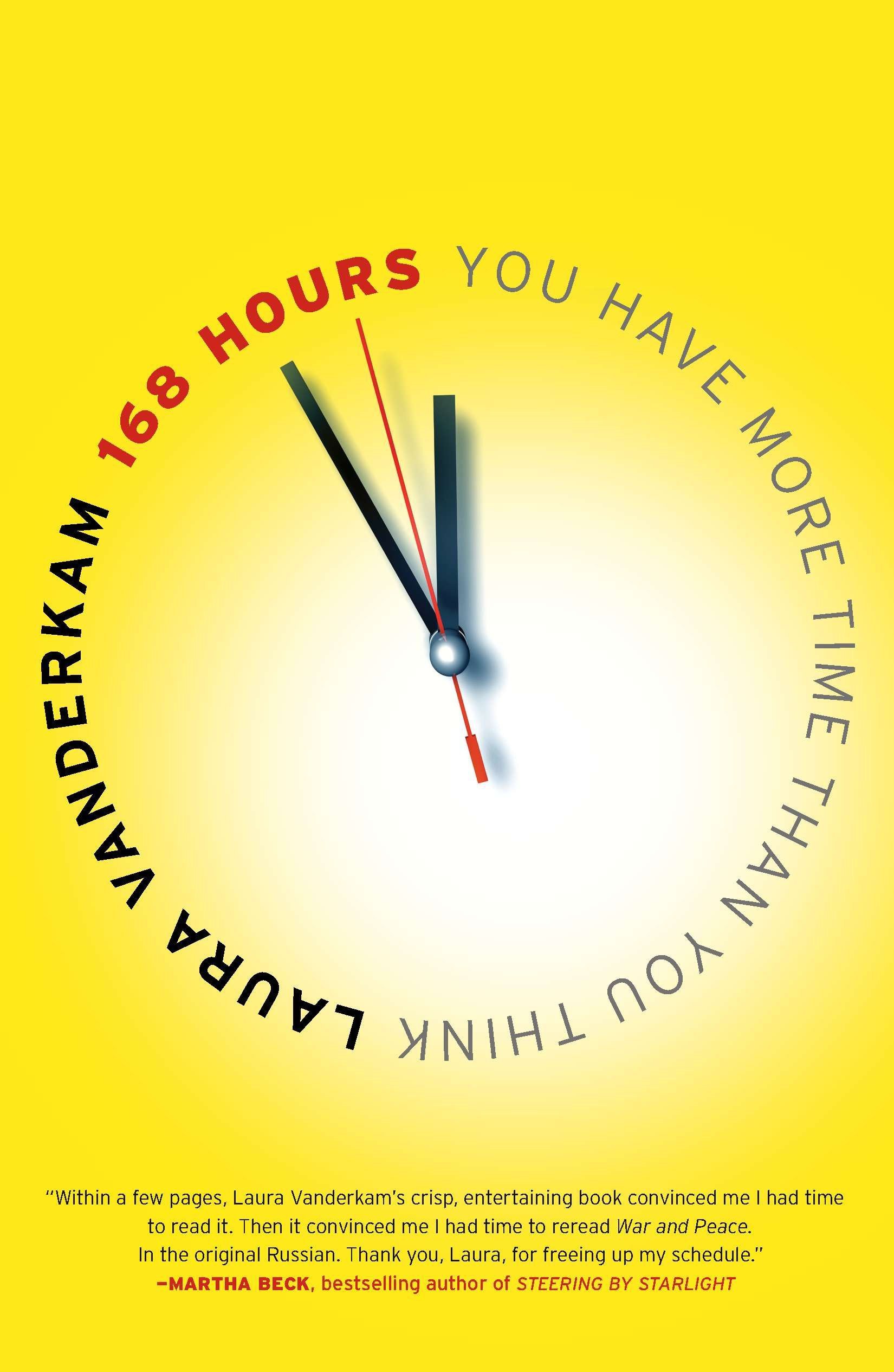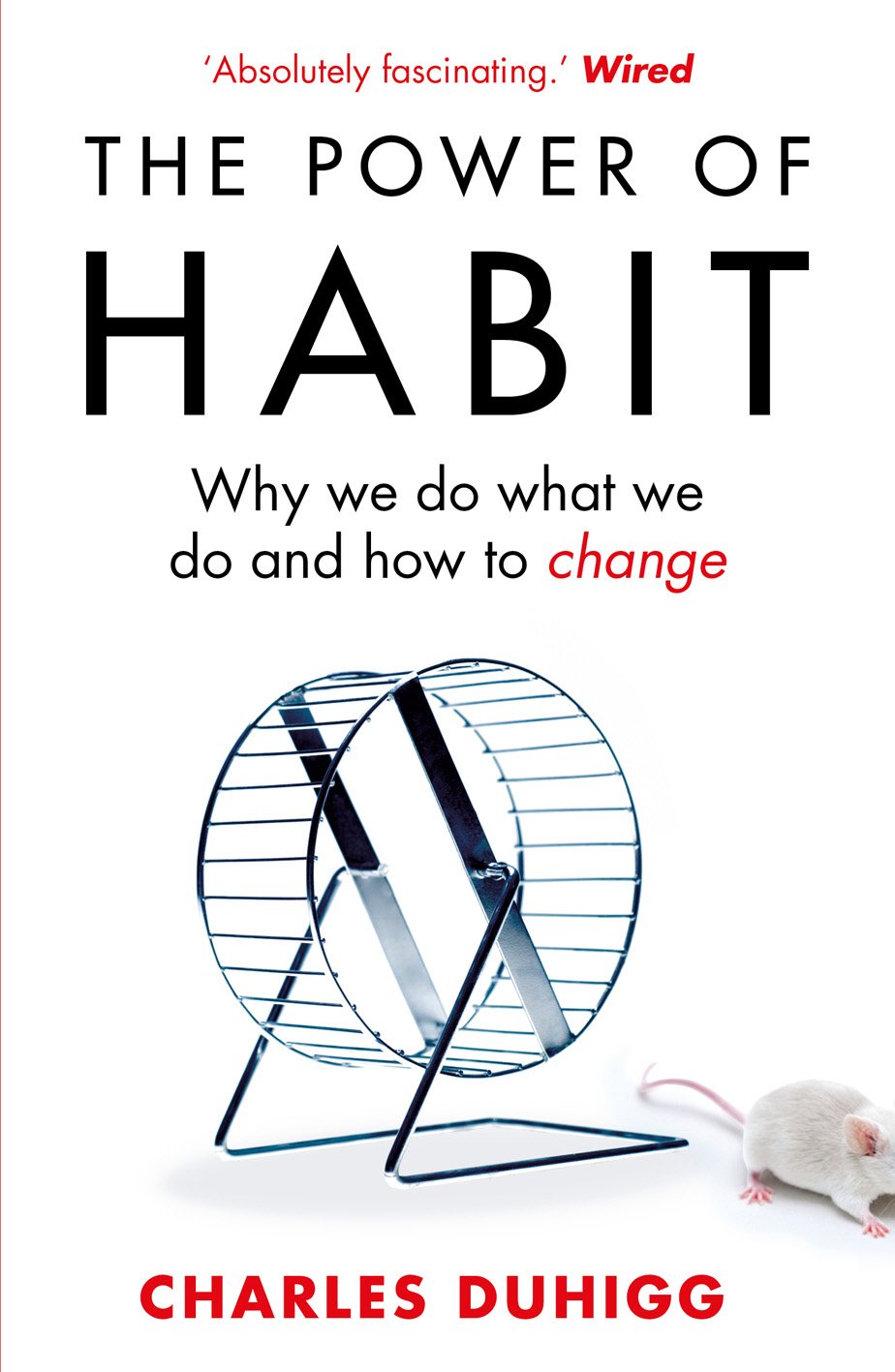“If you have to eat sh*t, don’t nibble”.
The hard thing about hard things by Ben Horowitz. A book about some of the challenges of being a CEO, particularly focusing on ‘war time’ problems. The author describes his story of getting through multiple potentially company-ending situations, culminating in a high value sale.
Key points:
- Promote the sharing of problems through transparency, which builds trust and therefore reduces amount of communication needed in an organisation
- It is uncommon to succeed after big firing due to change in culture in response. The process is for those who stay who see their friends treated well.
- Do it quickly after the decision is made (as there are always leaks, or you have to deny it)
- Use clear decisive language
- Firing executives is due to a failure of your hiring process i.e. having the wrong person for the job
- Never ruin people’s reputation in the process
- Confront bad facts and don’t kid yourself
- Care about people, profit, product, in that order
- A good company is one where people can work hard and know it will improve the company and their lives
- Too often people hire for a lack of weaknesses, rather than presence of strengths (even though they may have other weaknesses)
- Pay raises out of cycle (or protocol) always get out
- Have highly disciplined structured promotion principles to avoid the Peter principle and the crappy person law
- Peter principle = people are promoted to the point where they can no longer to the job
- Crappy person law = performance at a level will converge on the lowest ability person within that job title
- The author puts a high priority on hiring excellent, talented people
- When hiring vs promoting, decide if you value inside or external knowledge more
- One of the key roles of a CEO is to design the communication architecture, which often involves 1-to-1 meetings: employee sends the agenda in advance and manager listens for 90% of the meeting
- If you’re going to eat shit, don’t nibble
- Don’t judge people based on what they might or might not be competent to do in the future, just continuously re-evaluate in the present
- Leadership is being able to: communicate vision, get people with ability to follow you, have competence to get job done
I enjoyed how this book focused in moderate depth on several topics that aren’t covered in such detail elsewhere.





2 thoughts on “The hard thing about hard things by Ben Horowitz”
Comments are closed.